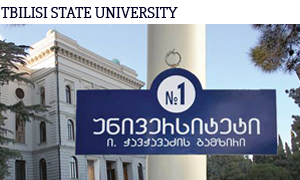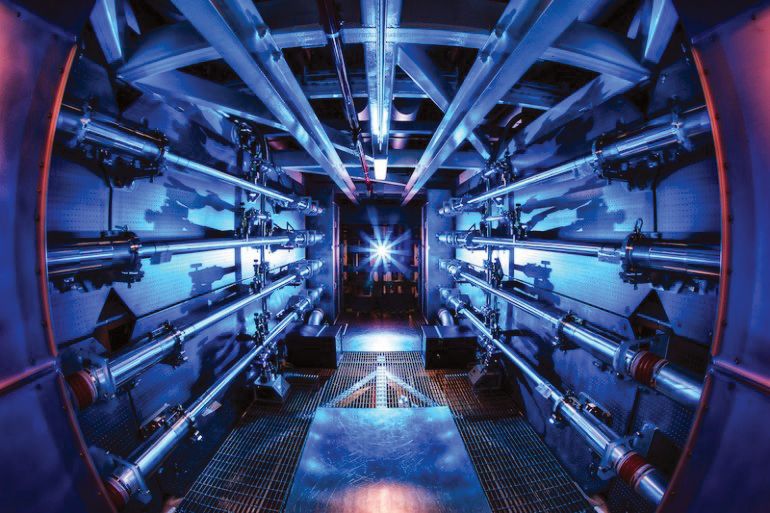
Journal Number: 0
Today Germans no longer live in these southern Georgian villages and only vestiges of their material culture and memories about them have remained. Their history has been preserved through local sources and narratives. This is one of the rare photos of Germans who had settled in the area.
In the light of limited natural energy resources physicists believe today that it is vitally important to consider generating electricity using controlled thermonuclear synthesis. To study thermonuclear synthesis, which is the same type of energy that makes sunshine, it is essential to study the features of plasma.
Professor Nodar Tsintsadze, Full Professor of the Subdivision of Plasma Physics at the Physics Department of the TSU Faculty of Exact and Natural Sciences since 1960, and Academician, points out that the USA, Japan, China, Russia and the European Union are financing research into laser thermonuclear synthesis as an alternative energy source. Since 2010, the European Union has been planning the construction of powerful equipment called HiPER (High Power Laser Energy Research Facility) which will produce high temperature plasma to enable favorable thermonuclear reactions.
DNA research is one of the major tasks for scientists working at the molecular and atomic physics. One of the key components of DNA is protein, and its transfer processes play a major role in the course of chemical and biochemical reactions. This is confirmed by prototropic tautomerism, hydration, dehydration and especially proton transfer between nucleotide bases that cause mutations in DNA. Scientists are especially interested in researching proton transfer mechanisms between the atoms separated by one, two or three chemical bonds as it is directly linked with the mutational processes ongoing in biologically active heterocyclic compounds. Frequently, proton transfer takes place in an organic molecule, however the mechanisms of this process are not yet known. Many scientists are working over this problem internationally including those in the Physical Chemistry Department of Tbilisi State University, led by Professor Jumber Kereselidze.
Security issues are becoming increasingly significant in today’s world, and on its way to European integration Georgia should carefully consider the strengths and weaknesses of its own national security and its compatibility with European security concepts.To this end, research on “The Europeanization of Georgia’s National Security” was carried out by Lela Janashvili, Associate Professor and Head of Internationalization and Scholarly Research Department at the TSU Faculty of Law. This research was supported by the Open Society Foundation within the framework of the Global Faculty Grants Program in 2013-2014. It was undertaken at the PublicLaw and Political Science Department of the Autonomous University of Barcelona, Spain. Joan Lluís Pérez Francesch, Head of the Constitutional Law Department and of the research group “Freedom, democracy and the transformation of states”, supervised the project.







